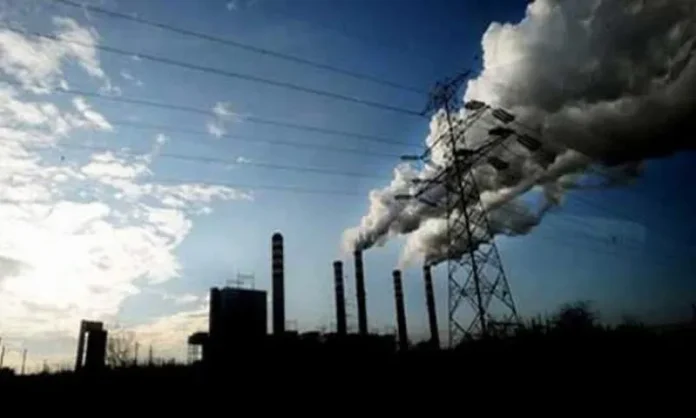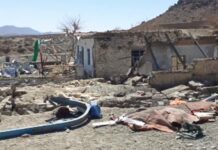Islamabad, June 10: Air pollution remains a lingering problem for Pakistan, as a comprehensive study done by the Nanyang Technological University (NTU) in Singapore revealed that a majority of premature deaths in the country are a result of the deteriorating air quality, making Pakistan among the top countries facing the challenge.
Burning fossil fuels for transportation, heating fuel, waste incineration, electricity generation, and other industrial activities are among the biggest factors for the increasing levels of air pollution. The destruction of green spaces, replacement of agricultural land with concrete structures, crop burning, and lack of a viable public transport system has contributed to worsening air pollution.
The researchers at NTU further cited weather phenomenon such as El Nino and the Indian Ocean Dipole for the worsening of the fine particulate matter. Greater industrial emissions with no mechanism for controlling air toxicity has resulted in an increase in the tiny particles called particulate matter 2.5, or “PM 2.5”, which are harmful to human health when inhaled because they are small enough to enter the bloodstream.
The university further found that people were dying younger than the average life expectancy due to diseases or conditions that could have been treated or prevented, including stroke, heart and lung disease, and cancer all of which came about as a result of massive air pollution.
Fluctuating weather patterns further increased the deaths by 14 percent with Asia suffering from the highest air pollution, with a total of 98 million premature deaths recorded. While India and China remain the top two countries with the worst air quality, Pakistan, Indonesia, Japan, and Bangladesh have also joined the fray, becoming the top contributors in the increase of PM 2.5 with 2-5 million deaths per year.
In Pakistan, a big factor apart from industrial waste is the massive housing crunch, leading to the loss of much agricultural and forest land with the greatest casualty almost always being forests, trees and green spaces.
Other major factors behind climate change include, industrial and vehicular emissions, increasing solid waste generation, deforestation, unplanned urbanisation, and a population influx towards big cities, according to environmentalists.
Back in April only, the total area under forest cover was less than 5%, with a further 1.5% of these forests being lost every year, according to official figures, even as rapid construction of houses in cities, and towns has turned the green forests into concrete jungles, particularly in the Punjab and Sindh provinces.








